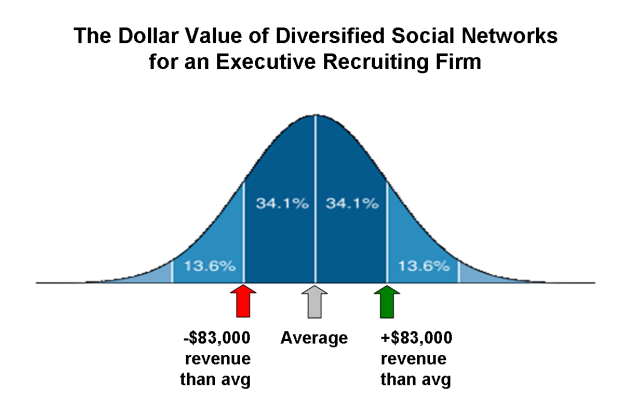Originally published on June 14, 2015.
In earlier times, due to the lack of literacy and the relative isolation of people from each other, a lot of culture, especially in terms of songs and stories, was passed down verbally from one generation to another. While it was likely only a minority of the population was actually creating culture, it was somewhat meritocratic; if people liked something, then it was remembered and passed on.
I had the experience recently of having to look after a young child, who asked me to tell them a story. To my shock, I realized that not only could I (just barely) remember any stories without reading them from a book, but virtually the only stories I knew were all of the Western ones – i.e those that have been "Disneyfied".
This made me think long and hard about culture in the digital age; it moves fast, but a lot of it is shallow…especially on sites like YouTube. The upending of mass-market cultural business models for music and film seems to have led to a situation where only elite creatives in some locations around the world can consistently get access to the resources (capital, talent and settings) to create high-quality culture, combined with a mass audience that seems to want only repetitive, indistinguishable, utterly forgettable garbage.
Could it be that we are now defined by a handful of “cultural explorers” who have wide knowledge of what is occurring (i.e. especially those people involved in working in digital or creative industries), while the rest of us are defined by having a very narrow set of cultural tastes (meaning that rather than actively seeking out or creating culture, we simply accept whatever it is YouTube or our favourite media sources serve up to us)?
Many people do not create culture – they merely consume it. Does this then make the majority of us (regardless of our actual locations, cultural or ethnic backgrounds) the modern equivalents of our ancestors, who never strayed far from the villages they were born in?
It’s good for us to deliberately try to expose ourselves to things outside of our comfort zones – whether that’s in what we choose to read, watch, listen to, or even beyond that by talking to different people. After all, leaving our villages centuries ago led to the spread of ideas in an ad-hoc sort of way. What could we achieve together if we tried sharing our ideas and our art proactively?
I’d love to hear your thoughts on this or related topics in the comments field below. Thanks!
Hi.
Welcome to my blog. I explore a wide range of different topics with various people. I hope you find something that catches your interest!






